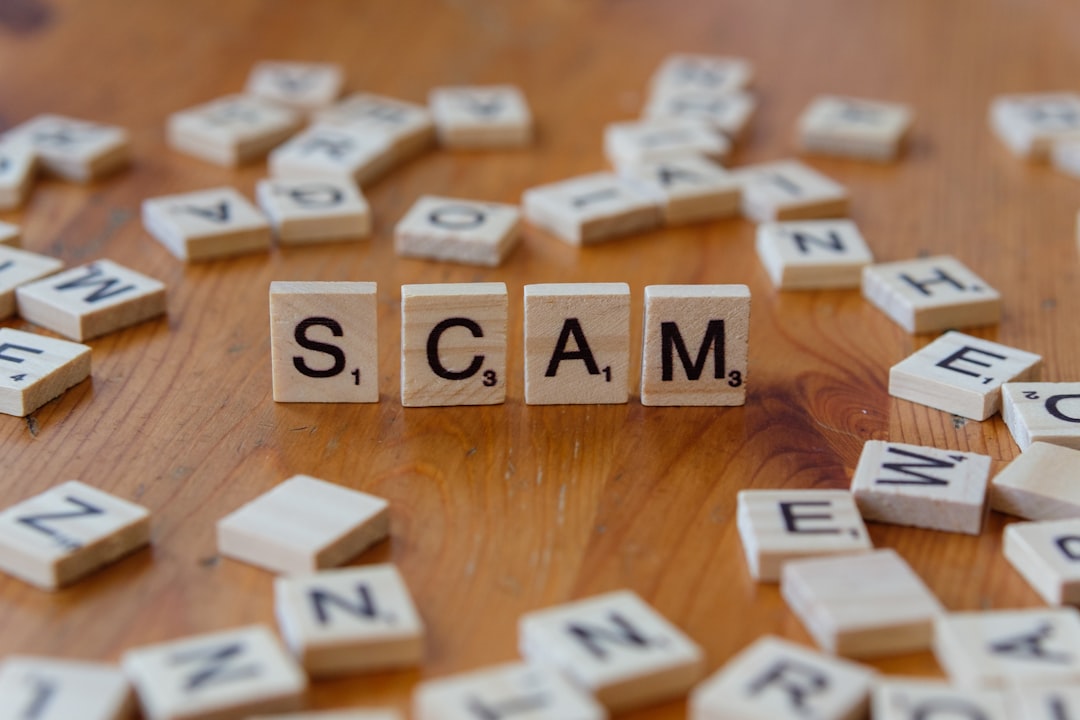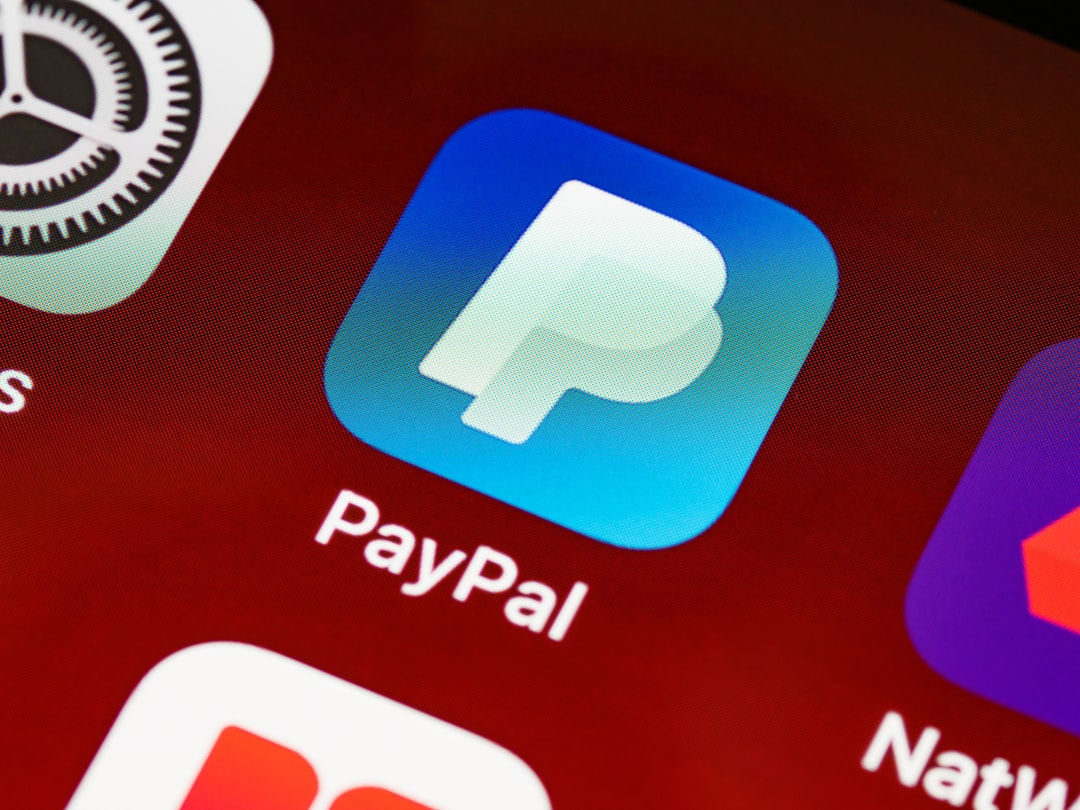In today’s digital age, private messaging applications are more popular than ever. Among these, Signal has gained a strong reputation for its emphasis on privacy and encrypted communication. With growing concerns about online safety, many users have started to ask an important question: Is Signal used for scamming? This article explores the realities surrounding the use of the Signal app, its features, and how bad actors are leveraging private channels for fraudulent purposes.
TLDR: Too Long, Didn’t Read
While the Signal app itself is not designed for scamming, scammers are increasingly using it to exploit its privacy features. Signal’s strong end-to-end encryption makes it difficult for authorities to track illicit activities, creating a potential breeding ground for fraud. However, most scams rely on convincing victims to switch to Signal after gaining their trust elsewhere (like dating apps or marketplaces). As with any communication platform, user vigilance remains key.
Understanding What Signal Is
Signal is a free and open-source messaging app known for its focus on privacy and security. It provides end-to-end encryption for messages, voice calls, video calls, and shared media. No message content can be accessed by third parties—not even Signal itself.
Key features of Signal include:
- Disappearing messages with custom timer settings
- No ads or data tracking
- Encrypted backups and calls
- Limited metadata retention
These features are ideal for users who value their privacy, activists, journalists, or individuals located in restrictive regions. But unfortunately, these same features have started to attract less noble users.
How Scammers Are Using Signal
It’s important to clarify that Signal does not enable scamming by design, but its robust privacy tools are appealing to criminals. Scammers generally operate by luring users from more public platforms to less traceable communication apps—Signal being one of them.
Here are common scenarios in which Signal is being misused by scammers:
- Romance scams – Scammers initiate contact on dating apps like Tinder or Bumble and quickly request to continue the conversation on Signal, citing “better privacy.”
- Marketplace scams – A buyer or seller on platforms like Craigslist or Facebook Marketplace asks to communicate over Signal, then engages in fraudulent behavior like fake payments or phishing links.
- Recruitment scams – Fake job listings ask for interviews over Signal, then request personal info or deposits for “equipment.”
- Impersonation scams – Fraudsters pose as bank employees or tech support agents, urging victims to install Signal to “resolve an issue safely.”

Why Scammers Prefer Signal
Scammers aren’t loyal to any single app, but several aspects of Signal make it particularly attractive to them:
- No access to user data: Signal doesn’t store messages, call logs, or contact data on its servers, which limits traceability.
- No ads and low moderation: Unlike platforms like WhatsApp or Facebook, Signal doesn’t actively monitor or flag communication.
- Timely deletion options: Disappearing messages can automatically remove evidence of scams or any incriminating content.
- Anonymous user sign-up: Although Signal requires a phone number, users can register using VoIP numbers or burner phones.
This high level of anonymity and limited oversight can be a double-edged sword. While protecting people’s rights to free and secure communication, it also opens the door to abuse.
Real-Life Examples and Case Studies
Case 1: A woman in Chicago met someone on a dating platform, who quickly asked her to switch to Signal. After a few days of talking, he claimed to be in trouble overseas and requested $5,000 for “hospital bills.” This classic romance scam ended with the victim out of thousands of dollars.
Case 2: A man selling a bike on Craigslist was contacted by a “buyer” who asked to move the conversation to Signal. After agreeing, he received fake payment links and phishing attempts that nearly led to the theft of his personal banking data.

These cases highlight the risks of communicating with strangers on platforms where messages are encrypted and virtually untraceable.
How to Detect Signal Scams
There are some red flags that users should look out for when communicating through Signal or being invited to join it:
- Urgency and secrecy: Scammers often push for quick decisions and discourage discussing the matter with others.
- Unusual requests: If someone asks for money, cryptocurrency, or gift cards early in the conversation—be suspicious.
- Shifting platforms: Be wary of people who immediately suggest moving the conversation off a mainstream app to Signal.
- Too good to be true offers: Unrealistic job offers or investment plans are common lures encountered over Signal.
What Signal Users Can Do to Stay Safe
Staying secure while using Signal comes down to practicing good personal cybersecurity habits:
- Only communicate with trusted contacts. Avoid conversations with anonymous strangers unless you have verified their identity elsewhere.
- Enable additional verification. Signal provides options like registration lock PINs and safety number verification.
- Report and block suspicious users. While Signal doesn’t have a centralized abuse report system, you can block contacts and report scams to external organizations.
- Don’t share confidential data. Never send sensitive documents, login credentials, or financial information unless absolutely verified.
Is Signal Doing Anything to Prevent Scams?
Unlike large tech companies, Signal operates with a lean infrastructure focused almost entirely on privacy rather than moderation. This limits its ability to monitor for and combat scams independently. However, the organization encourages transparency and security awareness by:
- Publishing open-source code so others can inspect and contribute to platform safety
- Offering security tips through its support center and blog
- Allowing users to report spam through built-in controls (like blocking)
Conclusion
In closing, it’s crucial to recognize that Signal itself is not a tool for scamming. Its encryption and security features are vital for millions who depend on it for safe communication. However, just like any tool, it can be misused. Scammers exploit the app’s privacy to cloak their activities, but informed users can prevent falling into their traps.
Signal remains a secure messaging choice—provided users stay vigilant about why, how, and with whom they’re communicating.
FAQs About Signal and Scams
-
Is Signal a dangerous app?
No, Signal itself is not dangerous. It’s a highly secure communication tool trusted by journalists, activists, and privacy-conscious users. The danger lies in how people use it. -
Can scammers hack my phone via Signal?
Signal does not allow access to your phone’s hardware or operating system, so it can’t be used to hack your phone directly. However, scammers can try phishing attacks to steal credentials. -
What should I do if someone suspicious asks me to use Signal?
If you feel unsure about the contact, don’t follow them to Signal. Verify their identity first and ask why they want to switch platforms. Trust your instincts. -
Can I report scams that happen on Signal?
Yes, although Signal doesn’t have a central reporting system, you can block users and report incidents to the appropriate legal or consumer protection authorities. -
Why do scammers prefer using Signal over other apps?
Because of its lack of centralized surveillance, lack of ads, and encrypted nature, Signal presents fewer barriers for scammers to operate undetected.
